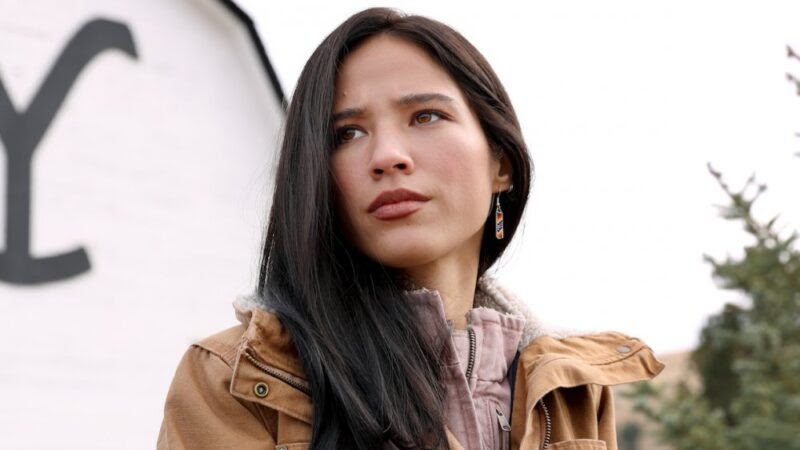The Native American Media Alliance offers training for industry professionals on Native American history, modern lifestyle and cultural norms to provide an accurate portrayal of Native Americans and foster a genuine connection between Native Americans and the entertainment community.
- OUR GOAL:
We offer training for industry professionals on Native American history, modern lifestyle and cultural norms to provide an accurate portrayal of Native Americans and foster a genuine connection between Native Americans and the entertainment community.
- CHALLENGES:
We promote the hiring of Native Americans for work on Native American themed projects. - Productions that incorrectly feature Native American themes, characters and storylines—even if well intentioned—reflect negatively on the Native American community.
- Multinational network mergers and the hiring of non-Natives as Native American production consultants adds to the disconnect.
- Diversity and inclusion departments may not have Native American staff in-house to help provide clarity.
- NAMA PROVIDES:
- A comprehensive training program, including workshops, seminars and discussion forums for studios, networks, production companies, showrunners, unions, talent agencies, and in-house staff.
- After completing our training program, industry professionals will have a better understanding of Native American history, modern lifestyle, and culture.
- Education and training fosters understanding, a connection, and accuracy.
OVERVIEW:
NAMA provides cultural sensitivity training for studios, networks, production companies, showrunners, unions and talent agencies as it pertains to Native American history, modern lifestyle and working within our community.
This safeguards the entertainment industry from issues that arise from promoting incorrect information and providing a platform for non-Natives. This will come in the form of workshops, seminars and discussion forums to create a genuine connection with the entertainment community.
Diversity and Inclusion departments are very much in need of sensitivity training when it comes to the Native American community as evidenced in past and recent productions. Also, with the mergers of numerous networks and studios under single multinational banners, the need for education has grown.

Exploring past film and television productions that featured Native American themes, characters and storylines have contributed to the wrongful portrayal of Native American communities and cultures. In 2000, an episode from Star Trek: Voyager, entitled “Tattoo,” televised an ending message of “Native are actually descended from aliens” in its broadcast. A “cultural” consultant, who claimed Native heritage, was hired to oversee the production. It was later revealed that the hired consultant was not Native American, furthermore, he provided false information that reinforced damaging stereotypes.
Currently, Paramount Network’s Yellowstone has a lead Native American character but this role is casted with an Asian American. While those outside the Native community still deem it acceptable for non-Natives to play Native people in the media, it is considered an appalling notion for this to take place for any other diverse community.

Instances of wrongful identification by networks, studios, and other entertainment entities continues to exist. This has lead to genuine Native Americans being told by non-Natives, in positions within Diversity and Inclusion, who is Native, criticizing genuine Native organizations and bolstering non-Native organizations to the detriment of Native people.
In this time of calling for diverse voices, organizations have also begun to claim Native “sections”, workshops and other events to raise additional funds for their organization. This is not a proper or effective way to help or support the Native American community.
